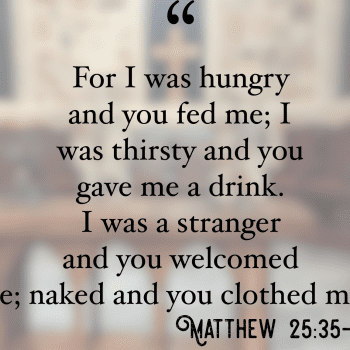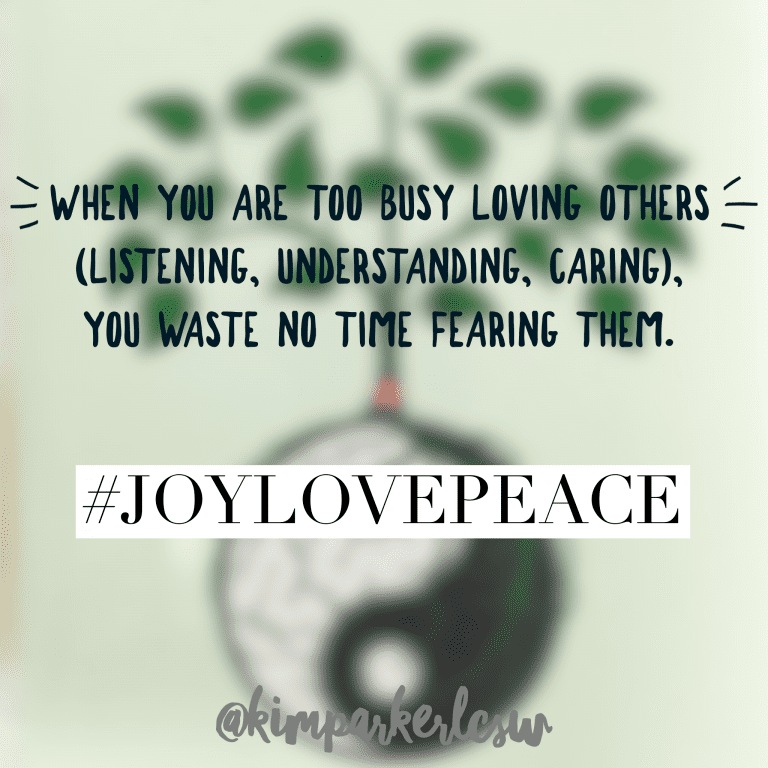Have you heard that mental health is related to spiritual health? That depression is afflicted mental health and suicide is intricately associated with depression? Suicidal ideation is when a person thinks about committing suicide. This does not necessarily mean that they want to die. Most just want relief from the emotional and/or psychological pain.
Helping professionals usually assess if the suicidal client has a plan on how to carry out their ideation. Therapists also ask about any previous history of suicide attempts, current stressors, living situation, and any support network. We do this to assess the individual’s current functioning and risk for self harm.
I’ve worked as a licensed clinical social worker since 2003 and have been in private practice doing psychotherapy primarily with children and family since 2009. Though I am still learning, mental health and healing in family relationships have been my passion and primary vocation for the past twenty years.
I am sharing some thoughts on this important hot topic based on the dozens of clients that come through my therapy office each year. Of those, usually about a handful I’ve had to commit to written contracts to refrain from self harm (mostly adolescent girls, teen boys).
Although untreated mental illness (like schizophrenia and Bipolar depression) can result in suicidal behaviors, it is most often a byproduct of untreated depression.
So what causes depression? We might not ever know the full truth to this human phenomena on this side of heaven. Experienced clinicians and researchers have pointed to a number of factors including genetics, family upbringing and childhood experiences, trauma and abuse from one’s environment, substance abuse and addictions.
While mental illness can result from genetics or biochemistry, these factors alone do not fully explain how some individuals with these predispositions can thrive while others barely survive.
The most realistic observation that I’ve made is that each human is created in the image of God, yearning for and seeking meaning in a benevolent Higher Power.

When unbelieving scientists tell us that we are just meaningless byproducts of random events, this explanation falls short of our souls’ thinking, feeling, and longing. Science and philosophy cannot fully explain the mystery of each human being, overcome the suffering involved in human life, or solve all the problems of human societies.
Suffering exacerbates this search for meaning. In times of loss or grief, spiritual connection is even more crucial. Healing often comes with holistic interventions, involving the spiritual component of humans that science dogmatically leaves out.
Another observation that I’ve made is that both our early childhood experiences and our thoughts about these experiences affect our mental health greatly.
If we cannot make sense of our suffering during childhood or family upbringing, our thoughts leave us stuck in suffering. Whether a girl believes that she was an unwanted, unplanned for baby, or a boy believes that his father left because he didn’t care anymore immensely affects one’s ability to be in healthy relationships.
Abuse, neglect, and abandonment by a parent afflicts a child’s sense of well being.
Some children suffer from blaming themselves for their parents’ divorce while others lose trust and respect for authority when their primary caregivers don’t keep promises.
And while engaging in the institution of marriage risks the deepest loneliness when couples don’t see eye to eye, divorce is also a major culprit for the onset of depression in adults.
The loneliness of single adulthood prior to marriage, after a divorce, or in an unstable cohabitation situation can seem unbearable at times. This is especially true without the hope that there is a good God who loves us and still has a plan and purpose for our lives. This loneliness can lead to depression for women who feel they’ve given their all in relationships only to feel used, rejected, unwanted or scorned at the end of the day. For men, repeated or major failures, even unexpected loss can lead to depression. 
When a person suffers quietly, for long periods of time, with no support network, no sense of hope, and/or no hope for change, then they become at risk for suicidal ideation.
I feel grateful that I’ve been able to come alongside my fellow human beings who are down, and do a little, say a little, hug a little to help lift them up.
Mostly, I’ve found that challenging their negative thoughts have helped to brighten their moods. New, broader, more hopeful thoughts give my clients hope. There is a way out of the darkness and suffering! 
With all my clients, I challenge their thoughts that involve assumptions, exaggerations, half truths, and other unhelpful distortions. I point to the truths in their lives that have been overlooked but that give strength and hope.
In addition, for the Christian clients, it helps to gently but persistently remind them that God knows the individual intimately, loves each deeply, and has forgiven all.
I do not presume to know all about suicidality. But I do know that a personal touch, eye to eye connection, giving of hope and empathy goes a long way to helping these folks cope. Over time and care, they even get better.
So please, if you are suffering, call a hotline right away at 1-800-273-8255.
Or reach out for professional help. Even the professionals do it, because we are just humans like you.












